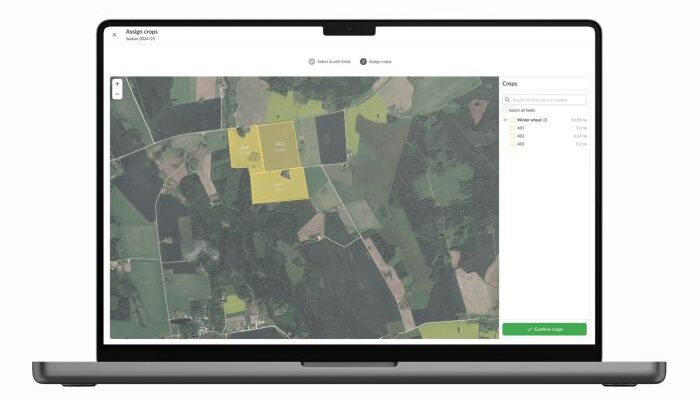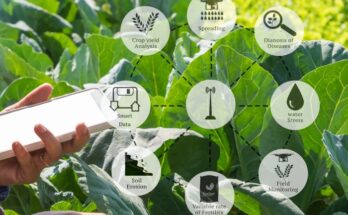New Delhi: Technologies like artificial intelligence and data analytics can significantly improve efficiency in Indian agriculture even as integration of data-driven practices will be pivotal for informed decision-making across the agri-supply chain, according to an ASSOCHAM report.
“Artificial intelligence and analytics can optimise routes, manage inventory and predict demand, contributing to overall efficiency in agriculture,” the ASSOCHAM study jointly undertaken with its knowledge partner Nangia Andersen emphasised. It said financial incentives, credit and insurance plans are needed to encourage technology adoption.
Farmer training through extension education, capacity building, and promoting farmer-led enterprises can enhance soil productivity. Stakeholders must creatively use ICT in local contexts, adapting it to agricultural challenges and macroeconomic needs.
You may also like to read: Zuari FarmHub, CropX Technologies collaborate for advancing tech-enabled farming solutions in India
“Indian farmers are increasingly becoming open to new technologies and practices for enhancing productivity. They can be our champions of sustainability at the grassroots level,” ASSOCHAM Secretary General Deepak Sood said, underscoring the importance of continued scientific advances in raising farm productivity.
The report also highlighted the role of biotechnology in agriculture. “Role of biotechnology in agriculture is pivotal, particularly in precision breeding for climate-resilient crops and genetic modification for pest and disease resistance”.
You may also like to read: Emerging technologies and precision farming SaaS to design future landscape for agriculture
The report also highlights successes in developing drought-tolerant varieties and reducing reliance on chemical pesticides. Addressing climate change challenges, it explores crop adaptation to shifting climatic patterns and sustainable water management practices, drawing insights from Bangladesh and Israel.
Continued focus must be placed on integrated agri logistics hubs strategically located to facilitate seamless connectivity between production centres and consumption zones. These hubs could incorporate warehousing, cold storage, processing units, and efficient transportation networks.





